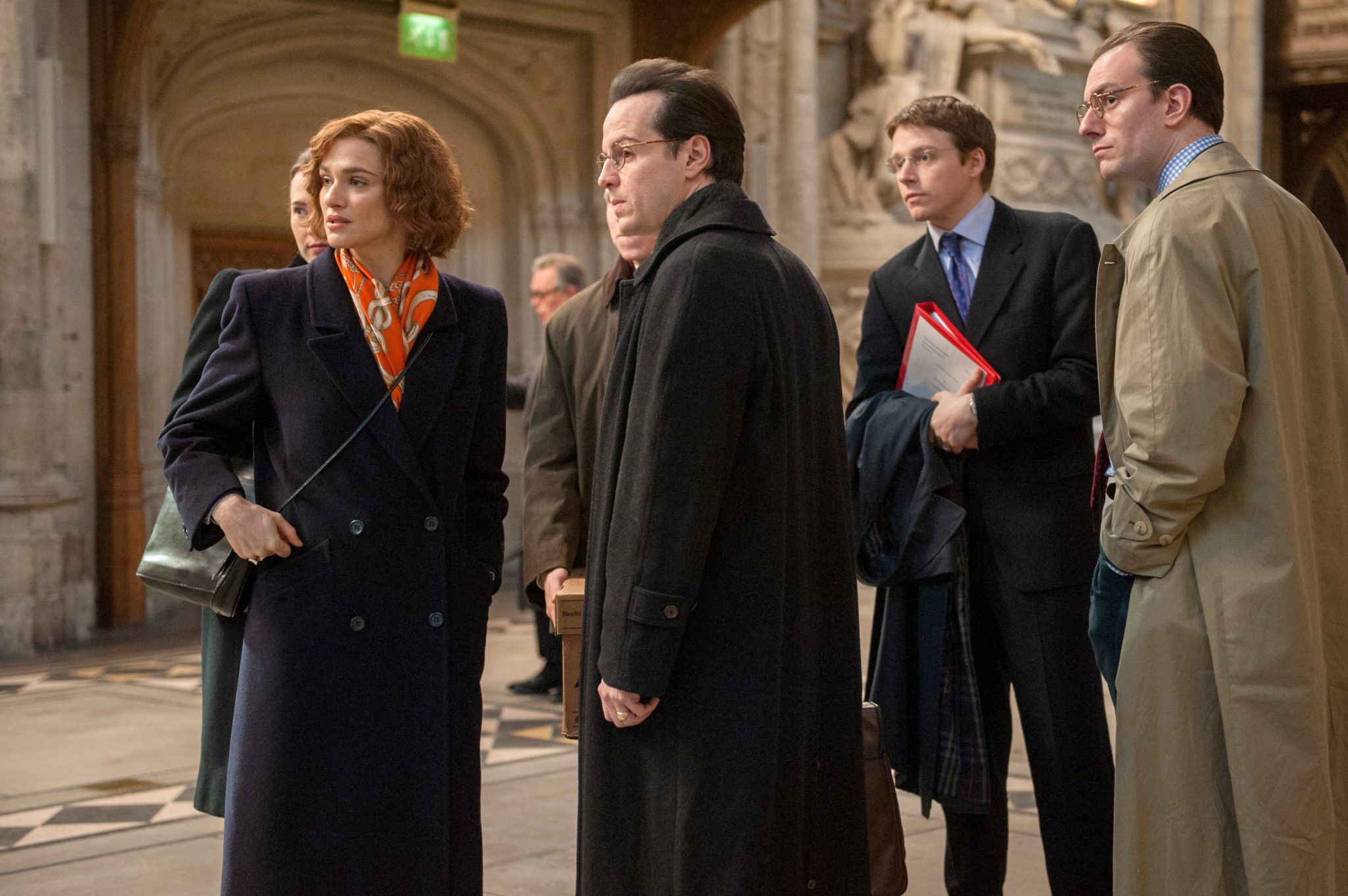
Spencer: Freeing the Ghosts of Camelot
Christmas with the family can be a challenge for anyone. However, in Pablo Larrain?s Spencer, it becomes an absolute nightmare. Set during the three days surrounding Christmas, Spencer focuses on the emotional journey of Princess Diana (Kristen Stewart) as she struggles to survive her holidays with the Royal Family. With her marriage crumbling and knowledge of Charle?s affair…



